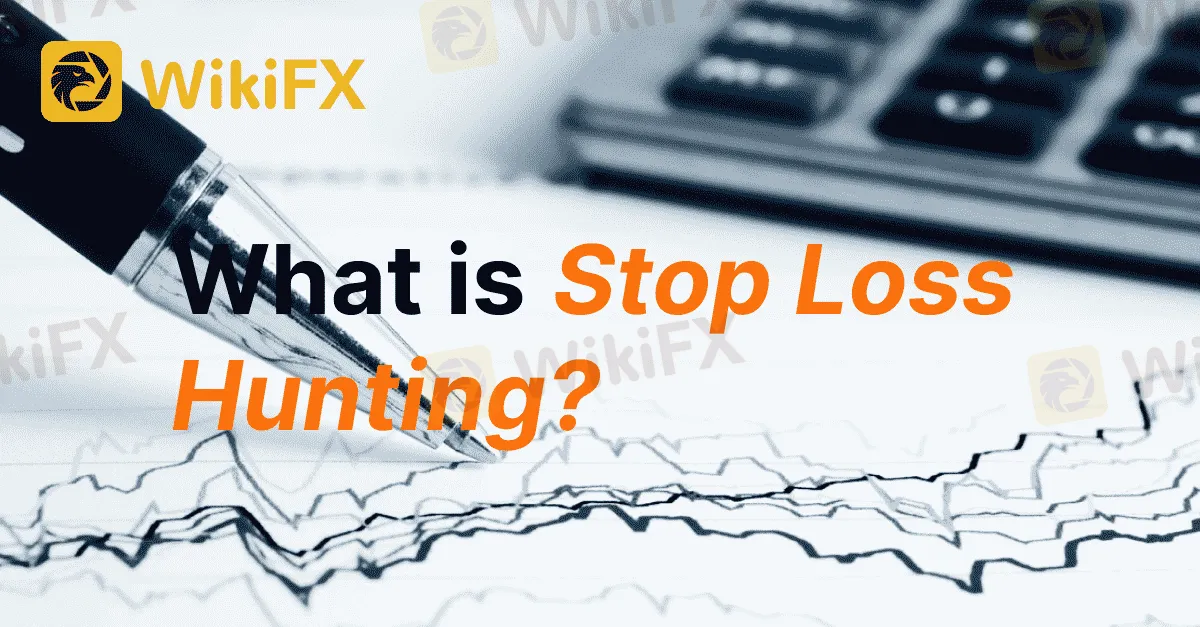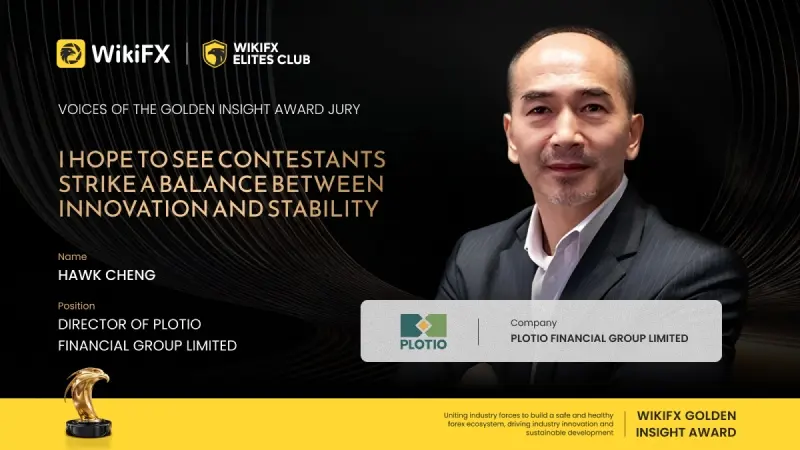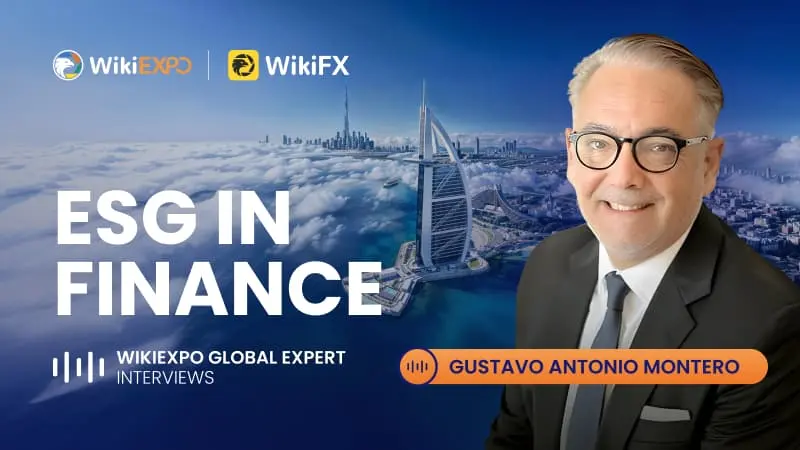简体中文
繁體中文
English
Pусский
日本語
ภาษาไทย
Tiếng Việt
Bahasa Indonesia
Español
हिन्दी
Filippiiniläinen
Français
Deutsch
Português
Türkçe
한국어
العربية
What is Stop Loss Hunting?
Abstract:The phenomenon known as "stop loss hunting" is often discussed among traders when describing market price movements, especially when trades don't go as planned. Traders may exclaim, "They got my stop loss!" However, it's important to understand stop loss hunting in a more precise manner to effectively manage risk and develop trading strategies.

The phenomenon known as “stop loss hunting” is often discussed among traders when describing market price movements, especially when trades don't go as planned. Traders may exclaim, “They got my stop loss!” However, it's important to understand stop loss hunting in a more precise manner to effectively manage risk and develop trading strategies.
While not all market movements can be attributed to stop loss hunting, it is beneficial for traders to grasp its rationale and mechanics. Stop-loss hunting is the act of deliberately triggering stop-loss orders, and although its existence is real, its impact is often more nuanced in financial markets. Liquidity providers are obligated to offer tradable prices, but they are not required to move them in a smooth and incremental manner. Stop loss hunting can be compared to gravity – invisible but with a noticeable effect.
The blame for stop-loss hunting is primarily directed at major financial institutions, including large brokers, dedicated market-making liquidity providers, and speculators. Various complex factors can cause a market to abruptly move through a technical price level, but it is rarely intended to target individual clients with stop-loss orders. However, powerful financial entities possess the resources to temporarily disrupt the market by pushing prices to levels where they anticipate triggering many stops placed by traders.
Stop loss hunting aims to eliminate active positions from the market and can weaken established support and resistance levels. Market makers may engage in this practice to generate profits and protect their positions against developing trends. Forex and commodities are two asset classes that are particularly susceptible to stop loss hunting, but it can also occur in other markets where derivatives allow for long and short positions.
Stop-loss orders are utilized by a wide range of speculators, both large and small, including day traders who use them to manage risk and protect against sudden trend reversals. Day traders often choose stop-loss levels based on technical indicators that have shown durable support or resistance within a specific timeframe.
The financial markets are filled with stop-loss orders, and institutional players, even without access to brokers' order books, have a good understanding of potential accumulation points where client stop losses are likely to be placed. Market-making brokerage firms that find themselves imbalanced in terms of risk exposure (either long or short) may have the incentive to eliminate positions and ensure financial stability. However, it's crucial to note that such actions can create unwarranted anxiety among small traders. While brokers with a significant institutional presence theoretically have the ability to engage in stop-loss hunting, it is important to recognize that not all institutions employ these practices and resort to them only when necessary.

Disclaimer:
The views in this article only represent the author's personal views, and do not constitute investment advice on this platform. This platform does not guarantee the accuracy, completeness and timeliness of the information in the article, and will not be liable for any loss caused by the use of or reliance on the information in the article.
Read more

Voices of the Golden Insight Award Jury | Hawk Cheng, Director of Plotio Financial Group
The “WikiFX Golden Insight Award” is dedicated to uniting industry forces to jointly build a safe and robust forex ecosystem, driving industry innovation and sustainable development. Now it launches a brand-new interview series — “Voices of the Golden Insight Award Jury”. Through in-depth interviews with authoritative jury members, this series will explore the future landscape of the forex industry and the shared mission of industry elites in enhancing innovation, compliance, and sustainable development.

Polymarket Onboards First US Users Since 2022 Shutdown: Beta Relaunch Signals Major Comeback
Crypto-based prediction platform Polymarket has officially begun onboarding select U.S. users for real-money betting, marking its first return to the American market since a regulatory shutdown in 2022.

WikiEXPO Global Expert Interviews: Gustavo Antonio Montero: ESG in Finance
As WikiEXPO Dubai concludes successfully, we had the pleasure of interviewing MR. Gustavo, the Chairman and Founder of Carter Capital Management. (Sustainable Digital Assets Management) and Palmer Advisory and Consulting. Palmer is a global business that develops advanced fintech/digital technology solutions and works with Blockchain technologies.

Global Guide to Finding Forex IBs/Brokers — Share Your Pick and Win Big!
Dear forex enthusiasts, are you also troubled by these questions? “In India, can’t find a reliable IB? What should I do?” “With so many brokers, which one offers the lowest spreads and fastest withdrawals?” “Want to connect with local forex enthusiasts but don’t know where to start?” Now, leave these challenges to us! Share your experience and win exciting rewards!
WikiFX Broker
Latest News
Consob Targets Political Deepfake “Clone Sites” and Unlicensed Platforms in Latest Enforcement Round
WikiEXPO Global Expert Interviews: Gustavo Antonio Montero: ESG in Finance
Mitrade Arabic Platform Targets MENA Gold Trading Boom
Israeli Arrested in Rome Over €50M Forex Scam
Scam Alert: GINKGO-my.com is Draining Millions from Malaysians!
New FCA Consumer Alert 2025: Important Warning for All Consumers
EmiraX Markets Withdrawal Issues Exposed
INGOT Brokers Regulation 2025: ASIC vs Offshore License - What Traders Must Know
Is Upforex Safe or a Scam? A 2025 Safety Review Based on Facts
Polymarket Onboards First US Users Since 2022 Shutdown: Beta Relaunch Signals Major Comeback
Currency Calculator



